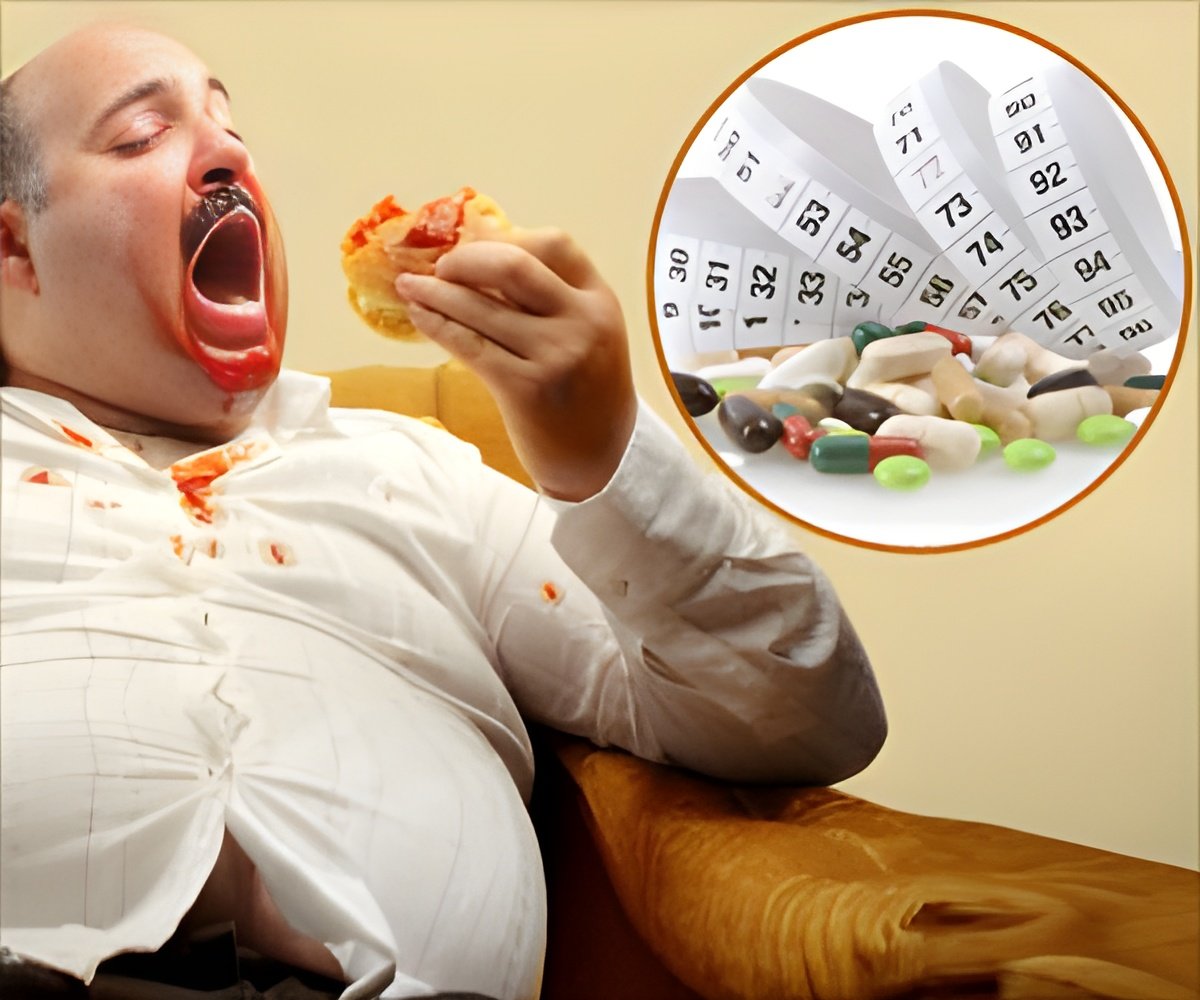An analysis of patient safety incidents, published online in Postgraduate Medical Journal says that the NHS is poorly prepared to care for obese patients

They looked for all incident reports relating to, or caused by, obesity over a period of three years from 2005 to 2008, to identify any common themes.
During the study period, some 555 patient safety incidents were reported, of which 389 related to obesity.
Of these, 148 incidents related to the assessment, diagnosis, or treatment of obesity.
These included 63 incidents associated with anaesthesia, such as difficulty ventilating a patient or securing their airway, and 27 incidents involving critical care, most of which were pressure sores. Surgical errors included haemorrhage, unintended damage to surrounding structures, and deep vein thrombosis.
The bulk of incidents (213) related to NHS infrastructure, of which one in three (33%) related to specially adapted equipment either not being available or normal equipment not working properly when used with obese patients.
Advertisement
A further 7% (27)* related to staffing issues including inadequate numbers on hand to take care of an obese patient safely.
Advertisement
"The majority of safety incidents associated with obesity were related to infrastructure, suggesting there is inadequate provision in place for the care of obese patients," the authors write. "While levels of harm were mostly low, the occurrence of incidents resulting in severe harm or death highlights the specific dangers associated with the care of the obese patient," they add.
"Further planning and development of operation policies is needed to ensure the safe delivery of healthcare to patients in the future," they conclude.
Source-Eurekalert










